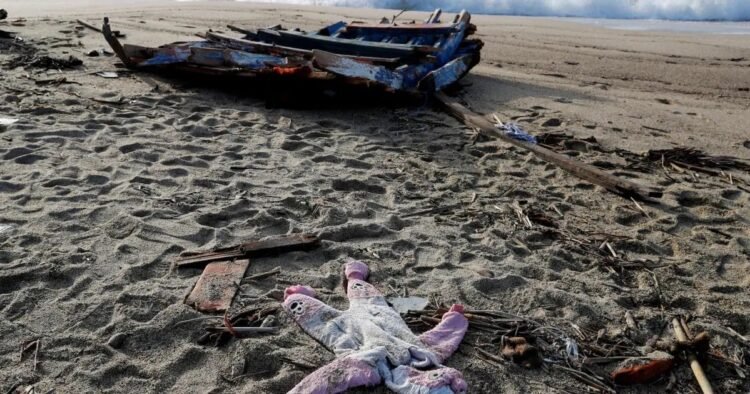SAN JUAN, Puerto Rico — A grim discovery on the eastern Caribbean island of Canouan has reignited concerns about the deadly risks faced by West African migrants attempting transatlantic crossings.
Authorities in St. Vincent and the Grenadines confirmed Tuesday that a boat found adrift on the shores of Canouan island contained the decomposed remains of 11 individuals, along with passports indicating Malian nationality. The vessel was located on Monday, though officials have not yet determined how long it had been drifting.
“This incident is deeply concerning,” the national police said in a statement. “We are committed to pursuing every lead” in cooperation with regional and international partners.
The origin and intended destination of the boat remain unknown, but the discovery echoes similar maritime tragedies across the Caribbean in recent years — signs of a troubling migration pattern that often ends in silence and death.
A Disturbing Pattern
This is not an isolated event. In January, another abandoned boat was found near St. Kitts and Nevis, with 19 bodies onboard, some also reportedly carrying Malian identification.
Earlier, in May 2021, a boat carrying over a dozen deceased men was discovered drifting near Trinidad and Tobago. A subsequent investigation by the Associated Press revealed the men had likely departed from Mauritania, aiming for the Canary Islands, a Spanish territory often used as a gateway into Europe. Strong Atlantic currents, however, had carried them thousands of kilometers off course.
Such tragedies highlight a growing and dangerous phenomenon: migrant vessels from West Africa being swept across the Atlantic Ocean, inadvertently ending up in the Caribbean. These journeys, often in poorly equipped boats with little to no navigation tools or supplies, are marked by desperation and high fatality rates.
Transatlantic Misadventure
Experts believe that some migrants, in a bid to reach Europe or flee deteriorating conditions in parts of West Africa, fall prey to human traffickers who overpromise and underdeliver. The boats, often unfit for long voyages, are left at the mercy of ocean currents.
“These are not conventional migration routes,” a Caribbean maritime expert said anonymously. “They’re accidental. No one sets out aiming to reach the Caribbean from Mali or Mauritania. These are failed journeys gone horribly wrong.”
Global Response Urged
Authorities in St. Vincent and the Grenadines are now coordinating with international migration and law enforcement agencies, hoping to identify the victims and trace the vessel’s route.
“This is a humanitarian tragedy,” one regional official said. “Behind each passport is a story of desperation, of dreams shattered on the open sea.”
As climate, conflict, and poverty continue to drive migration across continents, officials warn that the Atlantic may continue to serve as an unintentional graveyard for many who never intended to cross it.

 English
English



























































